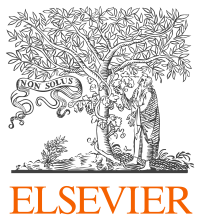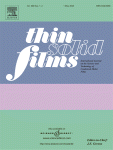 A researcher whose work has been heavily questioned on PubPeer has corrected a figure on a 2015 paper in Talanta — but the text of the correction doesn’t match the actual changes.
A researcher whose work has been heavily questioned on PubPeer has corrected a figure on a 2015 paper in Talanta — but the text of the correction doesn’t match the actual changes.
Recently, Rashmi Madhuri at the Indian Institute of Technology (Indian School of Mines) in Dhanbad corrected a 2015 paper about a diagnostic sensor that uses nanoparticles, noting that there was a “small error” in the legend describing figure 1. But the corrected image bears the same legend it had before, and instead swapped a panel of the figure that had been questioned on PubPeer.
Here’s another puzzling element to the story: Gary Christian at the University of Washington, one of the editors-in-chief of the journal, tells us he doesn’t “recall being aware of the corrigendum:”
Continue reading Author under fire on PubPeer issues puzzling correction to chem paper

 The presence of allegedly obvious manipulations in
The presence of allegedly obvious manipulations in 




